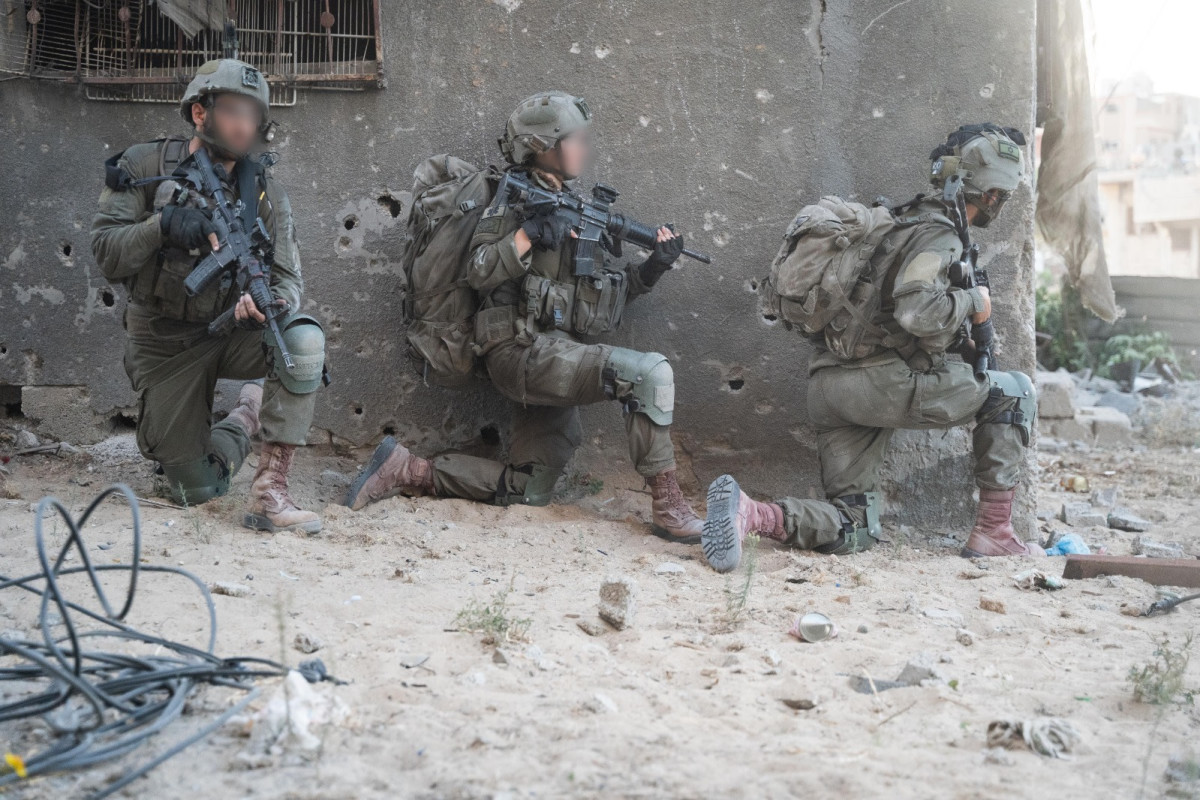If you are soldiers in regular or reservist service – you should be careful about sharing on the net: in recent days it was reported about a reservist who was forced to leave Brazil secretly after the local court ordered him to be investigated following a complaint by an anti-Israel organization about his involvement in war crimes during the fighting in Gaza. This case joins similar incidents, in which another reservist was evacuated from Singapore a few weeks ago under similar circumstances.
“The common denominator of these cases is the voluntary sharing of personal information and visual documentation by soldiers during the fighting in Gaza,” says Nir Yehoshua research manager at the cyber company CYFOX, which specializes in providing information security solutions based on artificial intelligence. “Many soldiers upload photos, videos and details on social networks, sometimes without awareness of the risks involved.
“Some mobile devices add automatic geographic location (geotagging) to photos and videos,” explains Yehoshua, “which may reveal the exact location of forces or military activity. Beyond the fact that this is a serious violation of information security procedures, these publications may reveal information about units and the movement of forces and their location, and they expose the soldiers themselves to significant personal risk, especially after their release.
Soldiers who upload photos and videos for personal documentation or social sharing are not always aware that small details in their photos may reveal critical information about their location. Geolocation techniques, used by skilled users on platforms such as X (formerly Twitter), enable accurate identification of geographic sites through the analysis of GPS data, satellite images and the analysis of visual features, such as landscape, buildings or other environmental features. Users who specialize in the field perform cross-checks between the information appearing in the images and data from maps or satellites, thereby revealing locations that are meant to be kept confidential.
This process has been used in the last year by pro-Palestinian organizations to identify events in the field, to expose soldiers and to cross-check the information obtained with allegations of war crimes. Examples of this include documenting sites of attacks, identifying troop movements, and even revealing the use of weapons. Through location analysis that includes characteristics such as buildings and terrain, the organizations manage to identify sites of military activity and link the soldiers who uploaded the information to the allegations of war crimes.
This phenomenon has become a tool in the hands of those organizations that criticize the IDF’s activities in Gaza, and it emphasizes the importance of informing soldiers about the risk of uploading personal content during military conflicts. The latest cases illustrate the importance of adhering to information security procedures and maintaining caution in postings on social networks. Awareness and personal responsibility of the soldiers can prevent exposure to security and legal risks and maintain the security of the forces in the field and outside.
